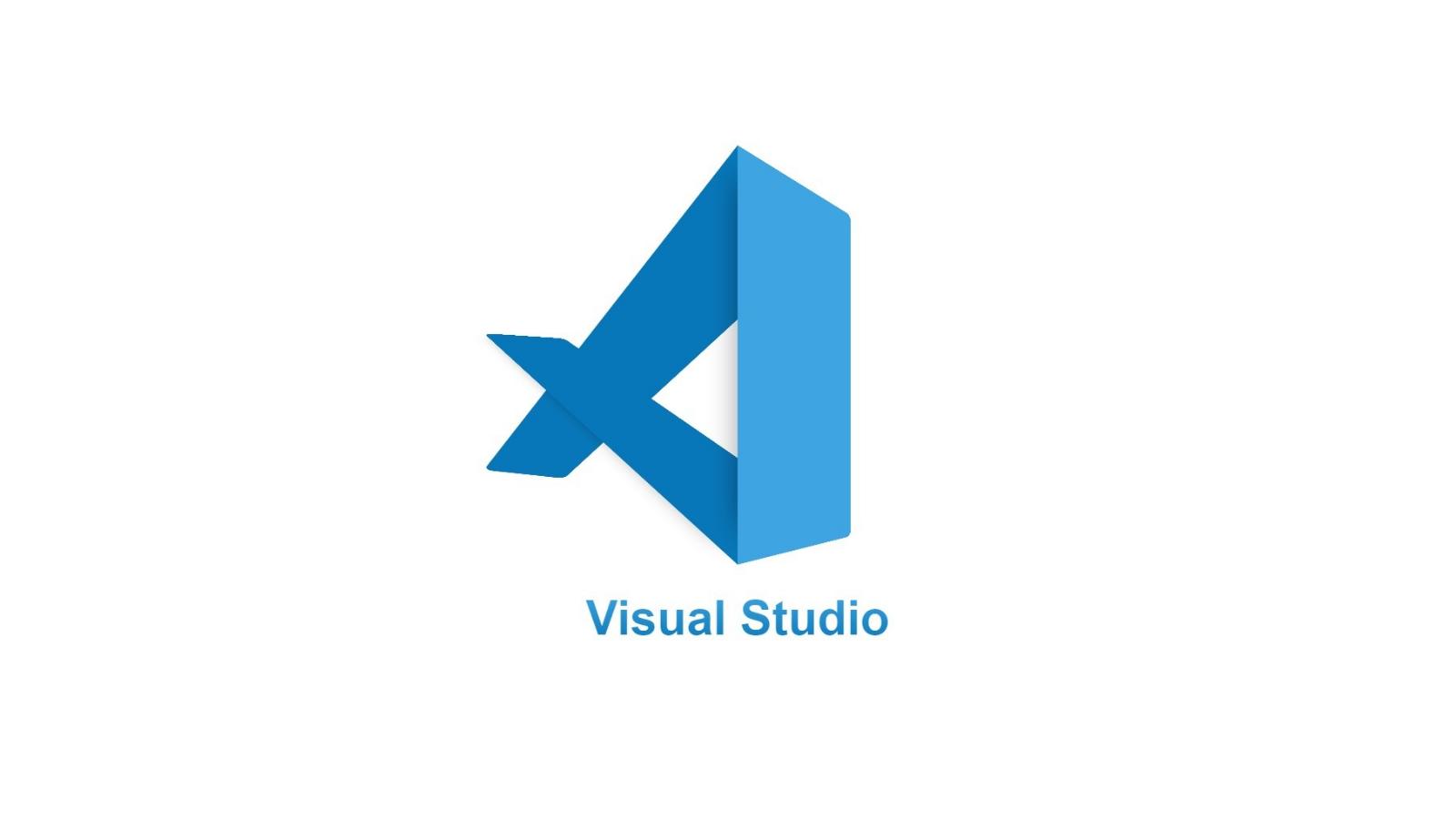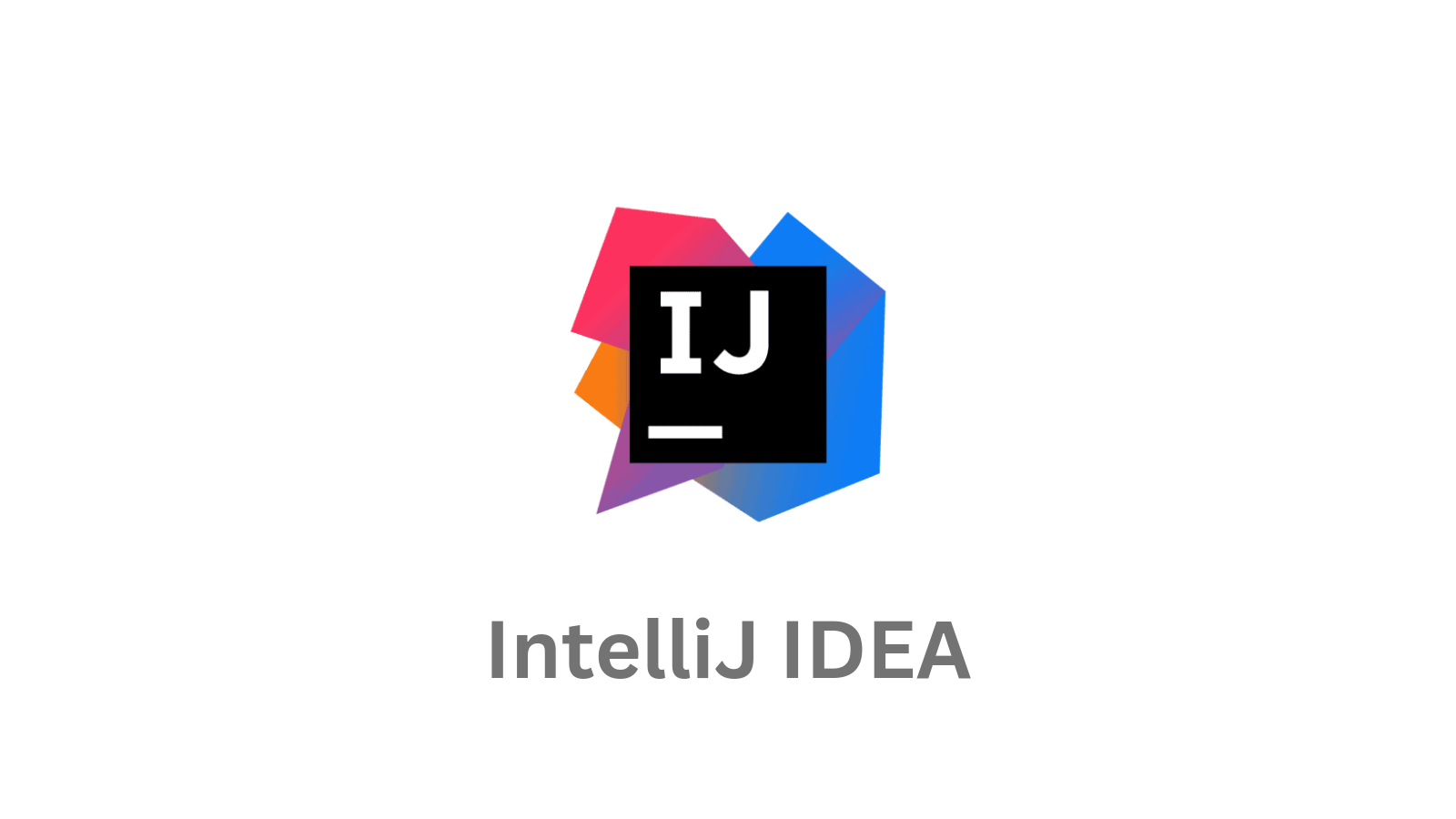Text editor with syntax highlighting.
Kate (KDE Advanced Text Editor) is a powerful, multi-document text editor that is part of the KDE software collection. Originally released in 2001, Kate is designed to provide a robust and versatile text editing experience for developers, writers, and power users. It supports a wide range of programming languages, with features such as syntax highlighting, code folding, and a plugin system that extends its functionality. Kate is known for its speed, flexibility, and integration with the KDE desktop environment, making it a popular choice for Linux users, although it is also available on Windows and macOS.
Key Features:
- Multi-Language Support: Supports syntax highlighting and code folding for numerous programming languages, including Python, C++, Java, HTML, CSS, JavaScript, and more, making it suitable for various coding tasks.
- Multiple Document Interface (MDI): Allows users to work on multiple files simultaneously within a single window, with tabbed navigation and split-view editing, enhancing productivity and multitasking.
- Advanced Search and Replace: Offers powerful search and replace capabilities, including support for regular expressions, making it easier to navigate and modify large codebases or documents.
- Plugin System: Includes a flexible plugin system that allows users to extend the editor’s functionality with features like version control integration, terminal emulation, file system browser, and more.
- Customizable Interface: Provides extensive customization options, including configurable toolbars, shortcuts, color schemes, and window layouts, allowing users to tailor the editor to their workflow.
- Integrated Terminal Emulator: Features an integrated terminal that allows users to run shell commands, scripts, and development tools directly within the editor, streamlining the development process.
- Project Management Tools: Includes basic project management tools, such as session management, file grouping, and project-wide search, helping developers organize and manage their work effectively.
- Cross-Platform Compatibility: Available on Linux, Windows, and macOS, providing a consistent user experience across different operating systems.
- KDE Integration: Seamlessly integrates with the KDE desktop environment, offering a smooth experience for users of the KDE ecosystem.
Benefits:
- Versatile and Feature-Rich: Kate offers a comprehensive set of features that make it suitable for various tasks, from simple text editing to complex software development.
- Lightweight and Fast: Despite its advanced features, Kate is lightweight and performs efficiently, even on less powerful hardware.
- Highly Customizable: Users can extensively customize the editor’s interface and behavior to match their specific needs, improving efficiency and comfort.
- Free and Open-Source: Kate is open-source and freely available under the GNU General Public License (GPL), making it accessible to all users and developers.
- Strong KDE Integration: For users of the KDE desktop environment, Kate offers a seamless experience, with integration into other KDE applications and services.
Strong Suit: Kate’s strongest suit is its combination of powerful text editing features, lightweight performance, and deep integration with the KDE desktop environment, making it an ideal choice for Linux users and developers who need a versatile and customizable editor.
Pricing:
- Free: Kate is open-source and available for free under the GNU General Public License (GPL), including all features and access to community-contributed plugins and extensions.
Considerations:
- Best Experience on KDE: While Kate is cross-platform, it is most fully featured and best integrated when used on the KDE desktop environment, with some features potentially less seamless on other platforms.
- Not a Full IDE: Kate is a powerful text editor but lacks some of the advanced features found in full-fledged integrated development environments (IDEs), such as comprehensive debugging tools and built-in compilers.
- Plugin Ecosystem: While Kate supports plugins, the available plugin ecosystem is smaller compared to more widely-used editors like Visual Studio Code or Sublime Text.
- Learning Curve for Customization: To fully leverage Kate’s customization options, users may need to spend time learning how to configure and extend the editor according to their needs.
Lightweight code editor with extensions for every need.
Powerful IDE for JVM languages like Java, Kotlin.
Python-specific IDE with smart code assistance.
Summary: Kate is a powerful and versatile text editor that is particularly well-suited for users of the KDE desktop environment. It offers a wide range of features, including multi-language support, a customizable interface, advanced search and replace, and an integrated terminal, making it a strong choice for developers, writers, and power users. While it is not a full IDE, its lightweight performance and extensive customization options make it an excellent tool for a variety of text editing and coding tasks. Kate’s free and open-source nature, combined with its deep KDE integration, ensures it remains a popular choice among Linux users and those looking for a flexible and efficient editor.














